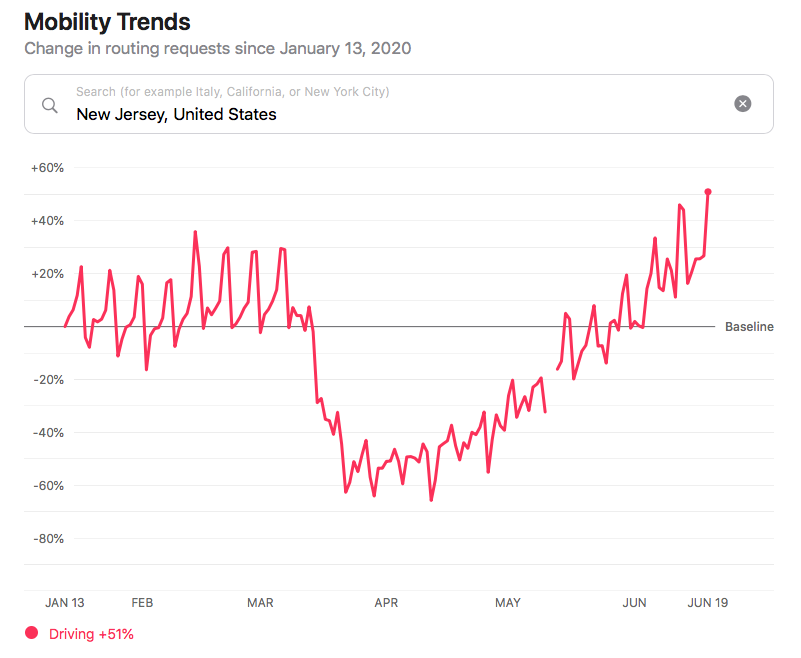From Curbed:
For anyone shopping in Manhattan, the opportunity for a discount seemingly presented itself last week: A Douglas Elliman report revealed that the median price for Manhattan home sales in the second quarter of 2020 was down a shocking 17.7 percent year over year. Has the economic fallout from the pandemic caused Manhattan’s housing market, one of the most durable and expensive in the country, to collapse?
Despite headlines like “Manhattan Real-Estate Market Plummets As City Dwellers Seek Housing in Rural Communities” and “Real-Estate Prices Fall Sharply in New York,” the answer is, sadly, no for prospective buyers. The pandemic has disrupted the basic functioning of housing markets across the country, and particularly in New York City, where brokers weren’t even able to show homes to buyers for much of the second quarter.
…
“The decline does not infer a COVID discount,” says Jonathan Miller, CEO of New York appraisal firm Miller Samuel and the author of the Douglas Elliman report. “The market was shut down by state mandate, so the activity was not transparent because there were no in-house showings allowed by the brokerage community. That’s just not enough time, so there’s been no price discovery.”
The 17.7 percent drop in sales prices suggests that a housing-market crash on the level of the 2008 financial crisis is under way. But taking one number from a report and viewing it in isolation, as many headlines from last week presented it, distorts the reality on the ground, which is that New York’s housing market still isn’t fully functioning and any aggregate price data from this market should be taken with a grain of salt.
…
But if the market isn’t collapsing, why would the data show a huge drop in home-sale prices? There are a few factors at play. First, Miller’s report noted that home sales plunged in Manhattan by a whopping 54.1 percent year over year in the second quarter, so the median home price is based on a far smaller sample than usual.
Second, the data highlights two fiscal quarters that saw unusual activity in the luxury market. In the second quarter of 2019, homebuyers rushed to close on homes to avoid the city’s newly enacted “mansion tax,” a onetime fee on home purchases above $1 million. This led to an above-average number of luxury-home closings in Q2 of 2019, pushing up the median home-sale price for that quarter.
Conversely, the second quarter of 2020 saw fewer luxury closings because a lot of luxury market listings disappeared after the pandemic hit; wealthy homeowners are more likely to have the means to be able to wait to sell their homes, as opposed to someone at a median price point who has to move because they lost their job or got a new one. Luxury buyers are also more likely to hold off on making a huge investment during an uncertain period. This is a trend happening across the country, not just in New York.


